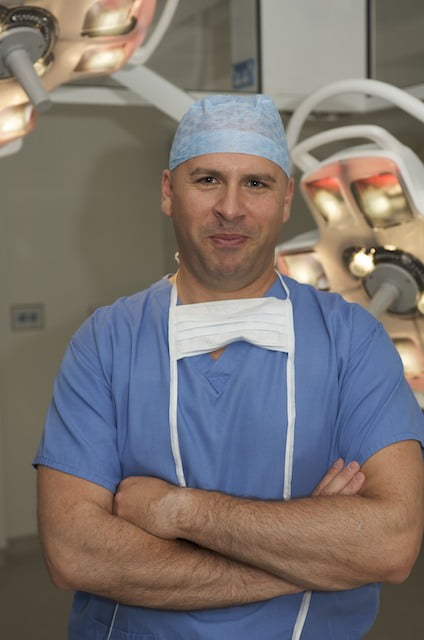Even for patients in Kent, UK we can offer a tailor-made solution and either see you conveniently in one of our central London clinics or offer a virtual appointment. This would be around your busy schedule. We can retrieve investigations and scans from any NHS and private hospital in the UK, so you don’t need to worry about those.
You will likely be asked to provide your medical history, including any tests, scans (like CT scans or PET scans), and previous treatments or surgeries. Gather these documents in advance, ideally in a digital format, as you may need to share them during your consultation.
Ensure your device (computer, tablet, smartphone) has a reliable internet connection, a camera, and a microphone. Test your setup before the consultation to troubleshoot any issues.
Have a list of any medications you are currently taking. This includes prescriptions, over-the-counter medications, and supplements.
Write down any questions or concerns you have about your diagnosis, treatment options, potential surgery, recovery, and prognosis. Having a list will ensure you don’t forget to ask something important during your consultation.
The surgeon will likely start by reviewing your medical history and any imaging or test results you’ve provided. This is to understand your current health status and the specifics of your lung cancer diagnosis.
Expect an explanation about the type of lung cancer you have, the stage, and what this means for treatment options.
The surgeon will discuss potential treatment options, including surgery, which might be relevant to your case. They will cover the types of surgery available (such as lobectomy, wedge resection, or pneumonectomy), potential benefits, risks, and what the procedures involve.
This is your time to ask questions and express any concerns. The surgeon should help guide you in making informed decisions about your care, explaining the pros and cons of different approaches.
You’ll discuss the next steps, which could include further testing, appointments, or preparation for surgery if that’s the chosen treatment path. They will guide you on what to expect in terms of follow-up consultations, recovery time, and any lifestyle adjustments needed.
Make sure you know how to reach out if you have additional questions or if there are changes in your condition. There should be clear instructions on how to proceed, including scheduling any necessary appointments.
You might be provided with information on support groups, counseling services, or educational resources to help manage your diagnosis and treatment journey.
Ensure privacy and a quiet environment for your consultation. Use headphones if needed for better audio privacy and clarity.
Consider having someone with you to take notes, or ask the surgeon if you can record the consultation for later review.
Remember, virtual consultations have become an effective way to provide specialized medical care, offering convenience and accessibility while maintaining a high standard of personalized consultation. Preparation is key to making the most out of your virtual consultation.
